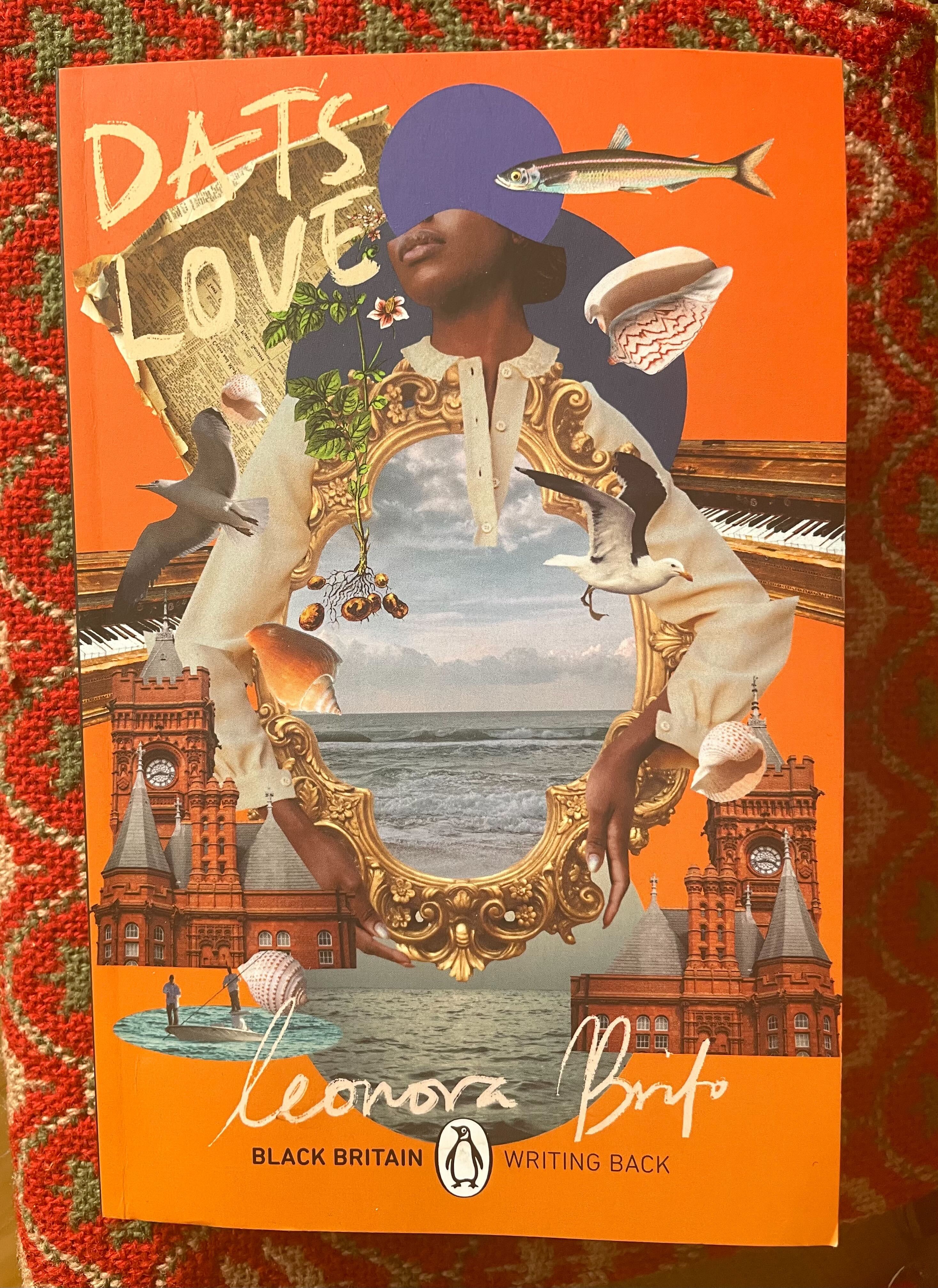 In exciting news, this month heralds the publication of two outstanding books in Penguin’s Black Britain Writing Back series. Two works by exceptional Black Welsh writers that deserve to be shouted about from mountain to valley, from bay to Severn Bridge — and beyond. Namely, Leonora Brito’s haunting Dat’s Love short story collection, and Charlotte Williams’ remarkable Sugar and Slate memoir.
In exciting news, this month heralds the publication of two outstanding books in Penguin’s Black Britain Writing Back series. Two works by exceptional Black Welsh writers that deserve to be shouted about from mountain to valley, from bay to Severn Bridge — and beyond. Namely, Leonora Brito’s haunting Dat’s Love short story collection, and Charlotte Williams’ remarkable Sugar and Slate memoir.
For context, the Black Britain Writing Back series presents rediscovered works about Black Britain and the diaspora that “remap the nation”. Curated by writer Bernardine Evaristo, who also writes introductions to each book, the series encompasses everything from literary thrillers to masterful memoirs, through books that take us from 1780s London, to early twentieth-century London. From 1920s Trinidad to 1980s Trinidad. From the swinging sixties, to 1990s London, to Eritrea, and now Wales.

As Evaristo has said, “Our ambition is to correct historic bias in British publishing and bring a wealth of lost writing back into circulation. While many of us continue to lobby for the publishing industry to become more inclusive and representative of our society, this project looks back to the past in order to resurrect texts that will help reconfigure black British literary history.”
And that’s certainly true of Dat’s Love and Sugar and Slate. Though the former presents short stories, and the latter is a memoir, both books — with their lived Welsh perspectives — reveal hidden histories and intimate personal experiences that reconfigure black British literary history, Welsh history and Black British history at one fell swoop.
In the case of Dat’s Love, through sixteen short stories, Leonora Brito shares stirring social observations that cut to the core of the human condition through intimate portraits of a diverse cast of characters. These are stories that stir the soul, quiver the heart, and quicken the brain.
 Meanwhile Sugar and Slate — one of the most arresting memoirs I’ve ever had the pleasure of reading — sees Charlotte Williams reveal lesser-known Welsh history alongside sharing an un-put-down-able account of her journey through dislocation and otherness to self-hood. A journey that sees her voyage from Wales to Africa, to Guyana and back to Wales to realise that her personal story is, perhaps, mirrored by that of Wales: “I know why it is I like Wales. I like it because it is fragmented, because there is a loud brawling row raging, because its inner pain is coming to terms with its differences and its divisions, because it realises it can’t hold onto the myth of sameness, past or present. I ponder what is to come.”
Meanwhile Sugar and Slate — one of the most arresting memoirs I’ve ever had the pleasure of reading — sees Charlotte Williams reveal lesser-known Welsh history alongside sharing an un-put-down-able account of her journey through dislocation and otherness to self-hood. A journey that sees her voyage from Wales to Africa, to Guyana and back to Wales to realise that her personal story is, perhaps, mirrored by that of Wales: “I know why it is I like Wales. I like it because it is fragmented, because there is a loud brawling row raging, because its inner pain is coming to terms with its differences and its divisions, because it realises it can’t hold onto the myth of sameness, past or present. I ponder what is to come.”
Put simply, we cannot recommend reading every book in this series more highly. You might also want to explore these Collections:






Comments (0)
Leave A Reply
You must be logged in to post a comment.